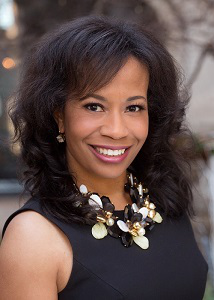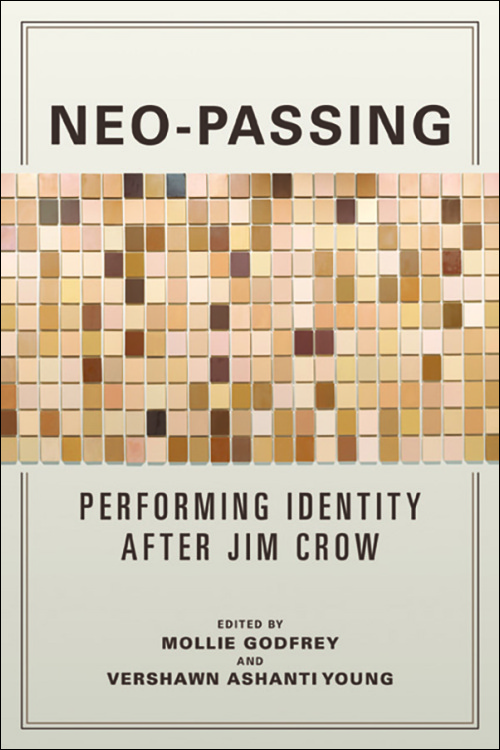Allyson Hobbs, A Chosen Exile : A History of Racial Passing in American Life
Transatlantica
2 | 2016 : Ordinary Chronicles of the End of the World
Lawrence Aje
Université Paul-Valéry Montpellier 3, Montpellier, Béziers, France
Hobbs, Allyson, A Chosen Exile: A History of Racial Passing in American Life, Cambridge, MA : Harvard University Press, 2014, 382 pp. , € 27.00, ISBN 9780674368101
The last two decades have seen a considerable increase of publications on the issue of racial passing in the United States. Some studies have examined racial passing through personal or family stories (O’Toole ; Sharfstein ; Williams). Others have sought to adopt a quantitative and synchronic approach to the phenomenon (Nix & Qian ; Mill & Stein) or to analyze how cases of racial passing were litigated in courts (Kennedy ; Gross). A number of edited volumes have recently focused on the cinematic and literary representations of racial passing in American popular culture, whereas some studies have been keen on expanding the notion by examining instances of ethnic or gender passing (Dawkins ; Gayle ; Ginsberg ; Wald ; Nerad).
Yet, in this flurry of publications, Allyson Hobbs’s A Chosen Exile: A History of Racial Passing in American Life, is a valuable contribution that distinguishes itself as the first full-length historical monograph to comprehensively tackle and complicate this sensitive and emotionally charged topic. This ambitious study is a revised version of Hobbs’s 2009 dissertation in history which she defended at the University of Chicago.
A Chosen Exile historicizes the practice of racial passing in the United States, by outlining, from the period of slavery to the early 1970s, how fair-skinned Blacks, whom the author designates as “racially ambiguous individuals”, managed to navigate the troubled waters of race undetected. In keeping with the findings of her predecessors, Hobbs confirms that the main reason that motivated racial passing was social advancement. Hobbs however differentiates herself from other scholars who have, according to her, paid far more attention to the benefits derived from passing as White instead of focusing on what she deems is a more fundamental and hitherto neglected aspect of the practice, namely, that by leaving their colored relatives or friends behind, passing translated into a loss of intra-racial sociability and, to some extent, the loss of one’s self. A Chosen Exile is underpinned by two intertwined objectives : a historical examination of the personal motivations behind racial passing and a simultaneous assessment of the consequences of rejecting one’s “black racial identity” (11) — an act Hobbs qualifies as being tantamount to a racial exile.
Hobbs dismisses our commonly held assumptions about a lack of archival evidence that would limit our understanding of the phenomenon of racial passing. She manages to piece together a general history of racial passing in the United States by relying on a set of disparate primary and secondary sources such as private letters, family histories, newspaper advertisements, novels, as well as correspondence between authors and their publishers. By mining such a wide array of sources, Hobbs successfully manages to shed light on a practice that was meant to remain hidden…
Read the entire review here.







